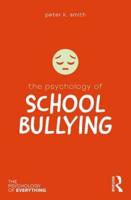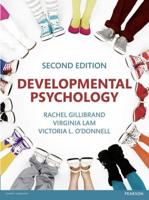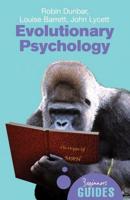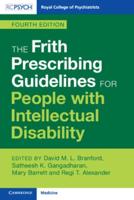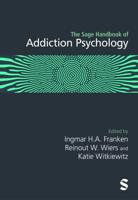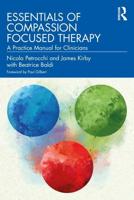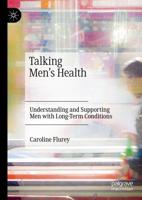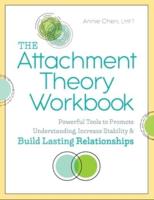Publisher's Synopsis
Drawing on her discoveries that human beings are not innately destructive but are made that way, the bestselling author of The Drama of the Gifted Child delivers "a capsule social history of childrearing and its effects that could change the world" (Boston Globe).
As in her former books, Alice Miller again focuses on facts. She is as determined as ever to cut through the veil that, for thousands of years now, has been so meticulously woven to shroud the truth. When she lifts that veil and brushes it aside, the results are astonishing, amply demonstrated by her analyses of the works of Nietzsche, Picasso, Käthe Kollwitz, Buster Keaton, and others. With the key shunned by so many for so long-childhood-she opens rusty locks and offers her readers a wealth of unexpected perspectives. What did Picasso express in Guernica? Why did Buster Keaton never smile? Why did Nietzsche heap so much opprobrium on women and religion and lose his mind for 11 years? Why did Hitler and Stalin become tyrannical mass murderers?
Miller investigates these and other questions thoroughly in this book. She also shows why some mistreated children do not become criminals, but instead bear witness as artists to the truth about their childhoods, even though in purely intuitive and unconscious ways.

